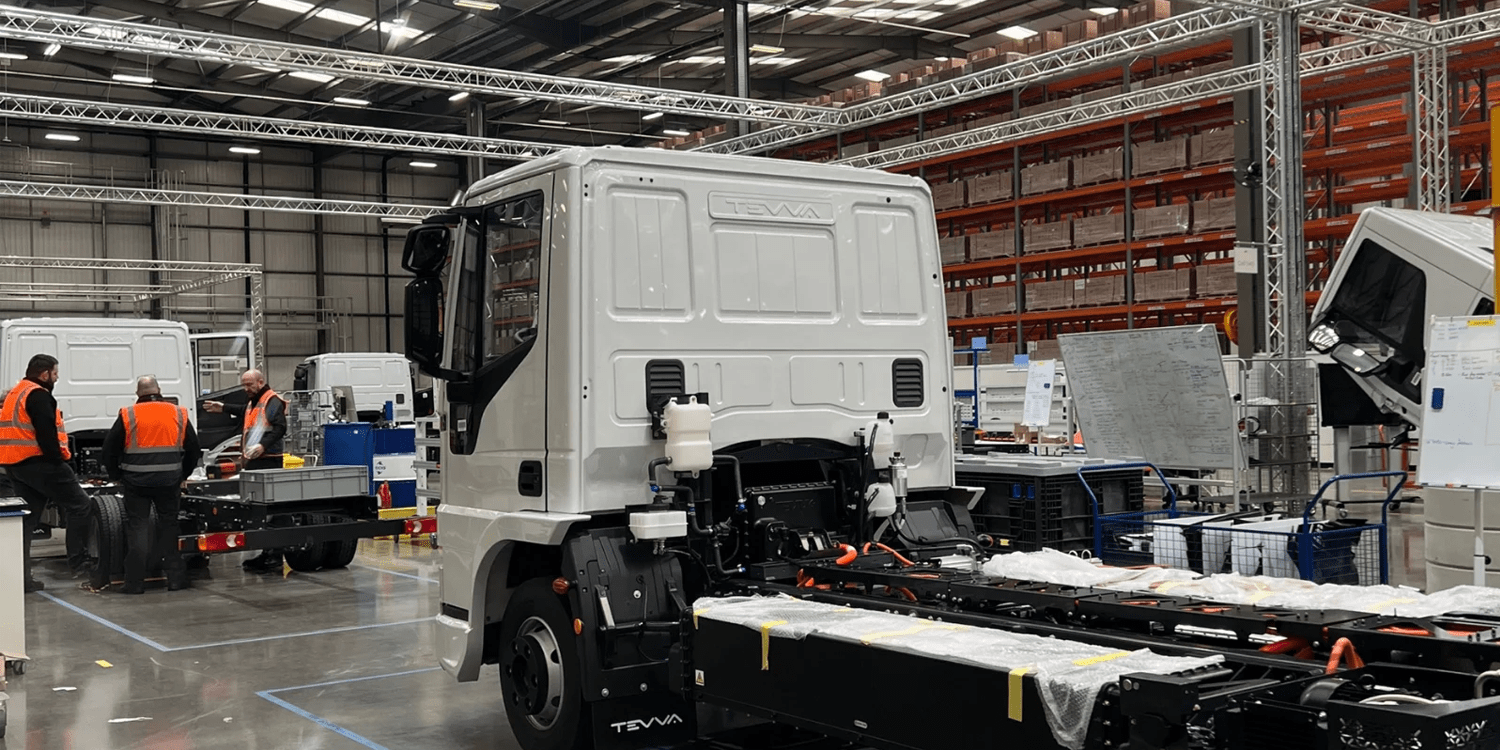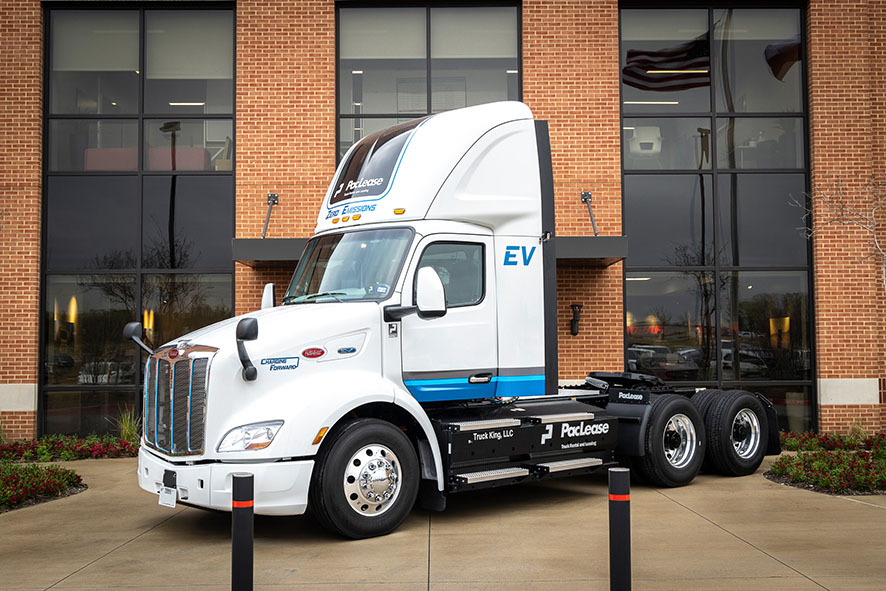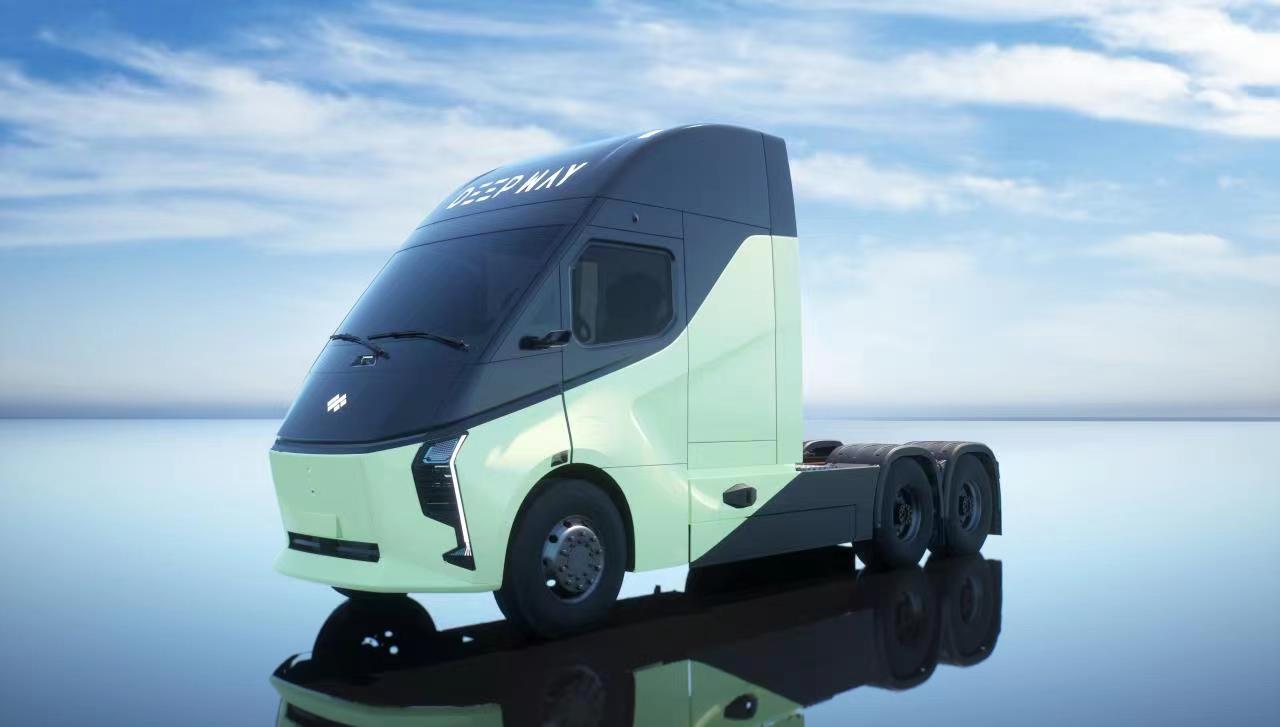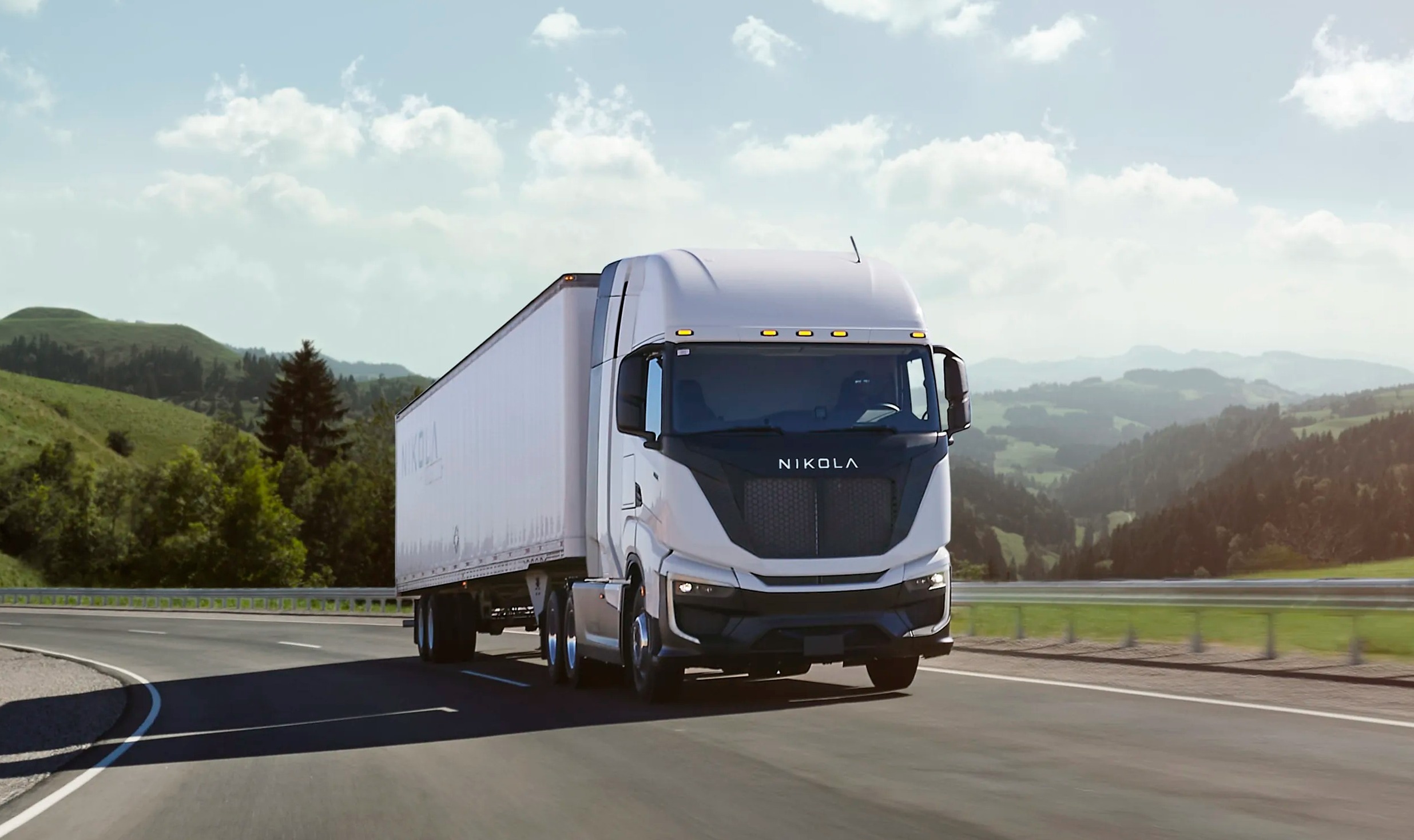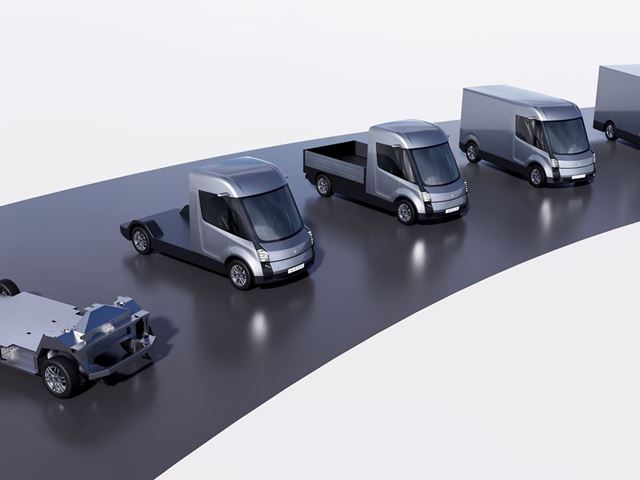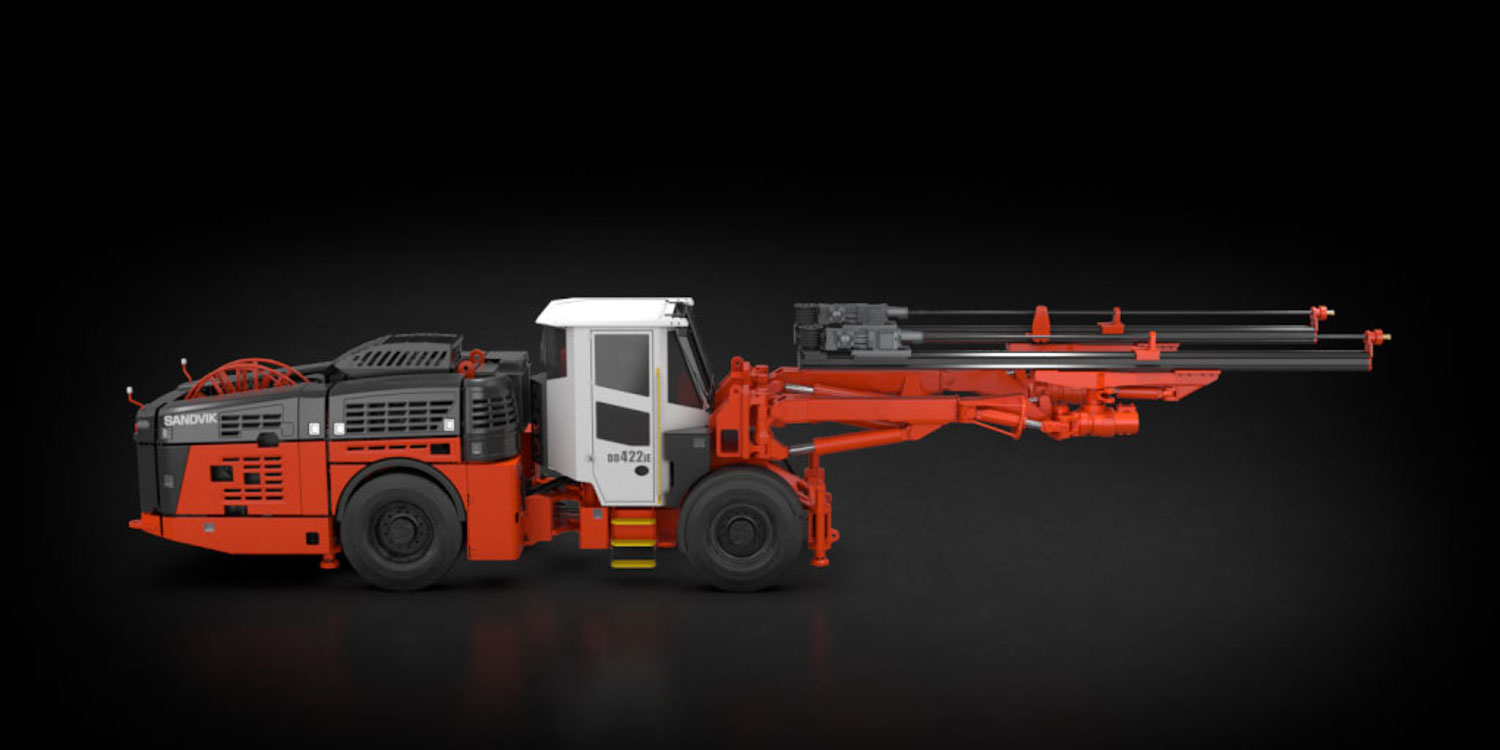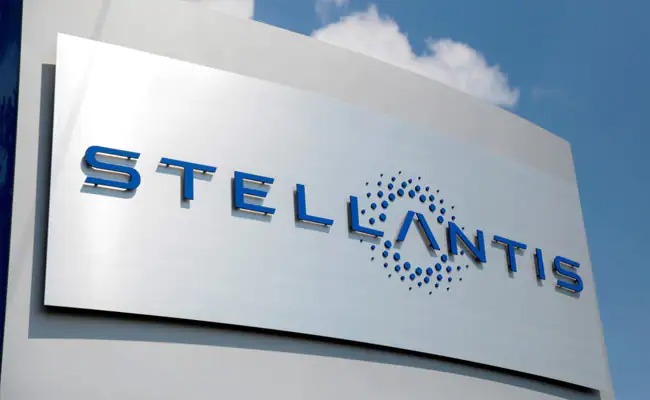The European Union’s Horizon project, NextETRUCK, is set to revolutionize the transport industry by decarbonizing it. The project aims to develop electric trucks that can handle medium freight haulage by the end of 2025. With 19 partners from eight countries, the project aims to increase efficiency and provide seamless management.
“We aim to utilize EV drives that are at least ten per cent more efficient than comparable drives in this class,” says the NextETRUCK consortium. Additionally, the project aims to create special tools that meet the requirements of the regional medium freight haulage sector.
To achieve its goals, the consortium will rely on digital twins, optimized design tools, and ultra-fast charging concepts to reduce the total cost of ownership. “We want to develop optimized processes and the best possible integration into vehicle operation to reduce operating costs,” says ABB E-mobility, which is on board to develop charging management.
To ensure that the project is more than just conceptual work, NextETRUCK has designated three trial sites in Istanbul, Barcelona, and Utrecht. The vehicles will operate at these hubs for at least six months, completing an average daily route of 200 kilometers to reflect the requirements of regional freight transport.
See also: Horizon Robotics and GAC AION Sign Strategic Partnership to Develop Driving Assistance Products
The NextETRUCK consortium includes several vehicle manufacturers such as Ford Otosan, Irizar, and Tevva, universities, research institutes, suppliers such as AVL, and associations. The Dutch institute TNO coordinates the project.
“We are proud to be responsible for the areas of charging management and charging control, two crucial fields for the sustainable and cost-saving management of electric fleets,” says Frank Mühlon, CEO of ABB E-mobility.
The companies and institutions from EU countries are funded through the EU’s Horizon Europe research programme, while the UK participants in this project are co-funded by the UK. According to EU data, the transport industry is the most fossil-fuel dependent, representing 37% of CO2 emissions. Medium-duty trucks are responsible for around 25% of these emissions, with an increasing fleet of 1.1 million in Europe.
The EU Commission recently delivered new draft legislation on emissions of heavy goods vehicles in February. The legislation requires new trucks to cut emissions by 90% by 2040, and all new city buses to have zero emissions from 2030. The NextETRUCK project is a significant step in achieving these targets and revolutionizing the transport industry.

